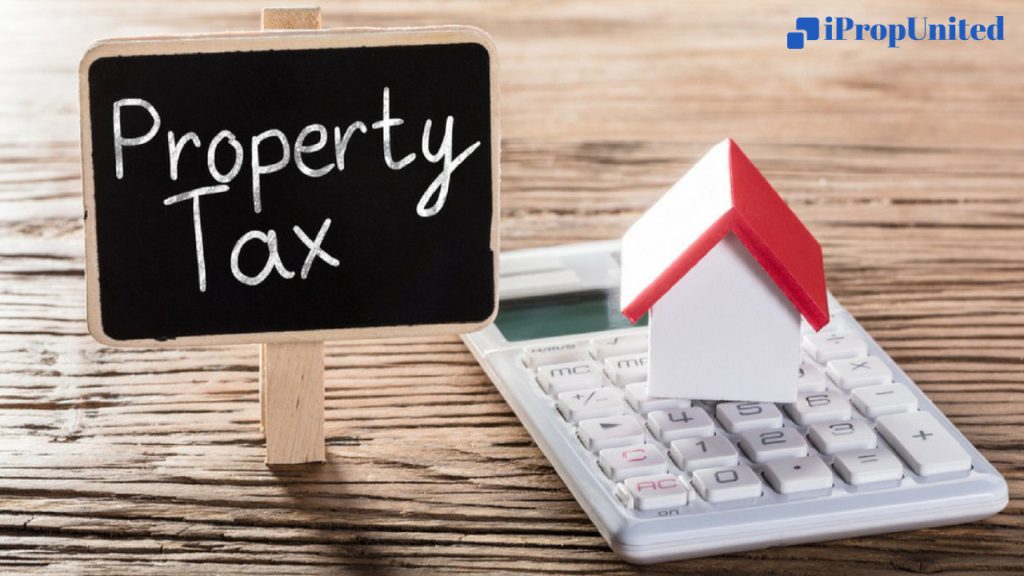In a significant development, the municipal corporation of Prayagraj has expanded its jurisdiction by adding 20 new localities as wards. These newly added wards have also participated in the first phase of the urban local body elections, and they will soon be recognized as taxpayers in the records of the Prayagraj Municipal Corporation (PMC).

Previously, Prayagraj had 80 wards within its municipal limits. However, following instructions from the state government, a fresh survey was conducted last year, resulting in the inclusion of 20 additional wards in the municipal corporation. This brings the total number of wards to 100. The PMC is now making preparations to include the houses within these newly formed wards in the list of properties subject to house tax payment as per the established norms.
Preliminary estimates suggest that there are approximately 20,000 houses in the expanded area of the city that will be liable to pay house tax from the current financial year. Houses and commercial areas in villages also fall under the purview of house tax, provided they have access to roads, drainage systems, and street lights.
PMC officials have deployed a team of surveyors to conduct a comprehensive survey of the houses in the new wards located in Jhunsi, Naini, Phaphamau, Bamhrauli, and Jhalwa areas, which were included in the city several months ago. So far, around 35,000 houses have been surveyed by the authorities. Both the extended wards and the villages contain houses equipped with roads, drains, and street lights, which will be included in the collection of house tax.
“The initial survey was deemed unsatisfactory as it did not meet the required standards. Therefore, it has been decided to conduct a GIS-based survey for these areas, similar to what has been done for the rest of the city, to ensure greater accuracy. Once this survey is completed, the assessment of the houses in these newly added wards will be carried out, and the house tax will be determined following the established procedure and norms,” explained DK Dwivedi, the chief tax officer of PMC.
According to the prescribed norms, a report based on the survey will be prepared, and building owners falling under the house tax ambit will be notified. Subsequently, building owners will have the opportunity to raise objections. Once the objections have been heard and resolved, the final house tax bill will be issued.
Follow and Connect with us: Twitter, Facebook, Linkedin, Instagram








